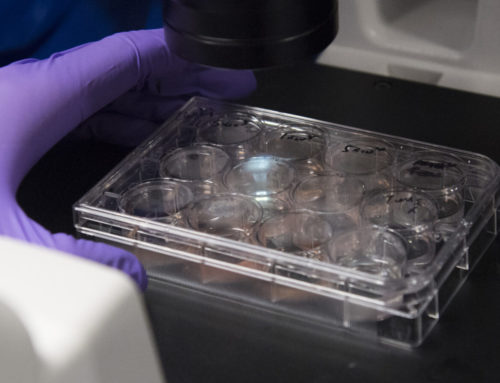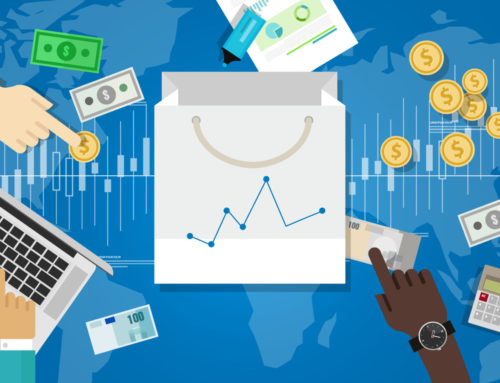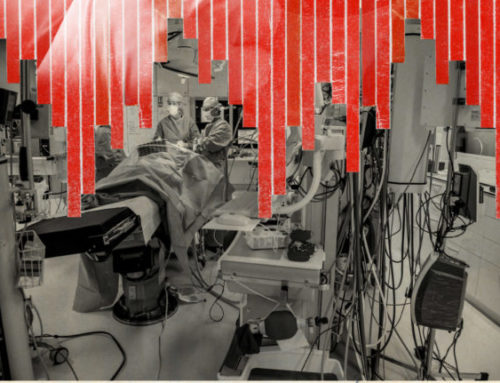| AGENDA & SPEAKERS | DOWNLOADS | PICTURES/VIDEOS | CONFERENCE REPORT |
| SESSION 1 | SESSION 2 | SESSION 3 | SESSION 4 |
Session 1: Digital Public Health – the future National Health Service
The demographic pressure of ageing, the cost of new technology and the rising tide of chronic disease, are threatening the sustainability of the National Health Service (NHS) in the UK – and of healthcare systems across the globe.
But just in time, the tools are in hand to remake medicine. “The digital cavalry have come over the hill,” said Richard Barker, Director of Centre for the Advancement of Sustainable Medical Innovation (CASMI). This is providing the foundations for new models of medical innovation and new approaches to medical practice.
“There is a huge volume of data coming forward that we can slice, dice and turn into knowledge, if we are clever,” Barker told delegates. Digital health empowers innovation and streamlines drug R&D, paving the way for the advent of personalised medicine and promoting self-care. “You can make a very big difference by enabling patients to take more care of themselves,” Barker said.
Accompanying these electronic and digital tools are changes in the ways in which the performance of clinicians is judged, with a shift away from metrics such as number of appointments, volume of diagnostic tests completed and vaccines administered, to assessing productivity in terms outcomes – of what the direct benefits are for patients.
In addition to generating real understanding of benefits at an individual level, information tools and data analytics can transform the NHS as a whole into a learning machine, providing insights that can underpin automated clinical decision support.
The application of digital health to the personalisation of medicine has to advance at three levels – genomics and other ‘omics; of what is ‘psychologically’ appropriate and in line with individual preferences; and what is ‘situationally’ appropriate, given family support and networks.

Richard Barker – CASMI
The challenge at hand is to systematically advance from the raw – for which read big – data of DNA sequences, clinical trial results, imaging data, real world evidence, patient-reported outcomes and social media repositories, to actionable insights. “We need to look for specific effects and we need an open knowledge ecosystem to do so,” Barker said.
Alongside technical complexity, a number of what Barker termed ‘wicked issues’ must also be addressed. Data privacy and security is top of this list, but there are also problems of cross-cultural mistrust between different medical specialties and the disconnection of repositories of data, both within the NHS, and between the health system and personal health data.
“There is a complete divide; we need to unify health data around the patient,” Barker concluded.
The Digital Catapult is one of seven centres set up under the auspices of the government innovation agency, Innovate UK, to foster the translation of public sector research through to the market. The Catapults aim to achieve this both by setting up technology platforms as a focus, catalyst and enabler of innovation, and by promoting interactions and networking.
While the only obviously health-related Catapult is the Cell Therapy Catapult, others are relevant to health. The High Value Manufacturing Catapult is helping to develop the UK’s biopharmaceutical production capabilities, while as Marko Balabanovic, Innovation Director of the Digital Catapult described, in parallel with its efforts to promote digitisation across industry sectors, the Digital Catapult Centre is fostering new start-ups in digital health and the development of digital health apps.
Taken in the round, the Digital Catapult is focussing on “very obvious trends” such as the increasing number of personal and environmental devices and sensors, and the huge volume of data they are generating. This is opening up new areas of economic opportunity and providing the inspiration for a generation of start-up companies.
To capitalise on, and support this, the Digital Catapult is working on mechanisms and approaches for building trust around the use of personal data, to establish the means to reliably share data in a trusted way. As Balabanovic noted, this is requirement, “Is central to the development of digital health.”
In addition, the Digital Catapult is scoping the types of products and services and the business models that can potentially be built around the Internet of Things. The Centre’s work is focussed on the particular strengths of the UK, with a brief to pull through developments from the research base.
For many digital start-ups, developing the product or service is the easy part. What is far more difficult is establishing the business model. The fact that – in the main – healthcare is free at the point of delivery makes the matter of ‘who pays’ a particular imponderable in this sector.
Balabanovic said the Digital Catapult will be working with young companies to address these issues. A Digital Health Pitstop event will bring together entrepreneurs, experts in technology, security, personal data handling and machine learning, venture capitalists, academics, people from the NHS and large technology companies. The aim is to help start-ups in the field of digital health to get to the next stage of growth. “It’s about mixing the people up, more than anything else,” Balabanovic noted.
Digital health provides the opportunity to build a better understanding of the risks and benefits of medicines and to make healthcare more patient-focussed, whilst at the same time giving people the means to take more personal responsibility for their health, noted Donald Singer, Secretary of the European Association for Clinical Pharmacology.
While the use of mobile health apps may currently mostly be the preserve of the worried well, the capabilities exist to record details of lifestyle, diet and exercise that can inform healthcare, and prompt calls for health reviews to be sent by general practitioners or health insurance companies.
Mobile health can also supply the glue to tie together elements of an individual’s current medical records held by different providers in the NHS. “This is a huge challenge,” Singer said. “Real time and accurate data is really important, for example, so you know for sure what drugs someone is taking.”
In addition, by making it possible to follow people at an individual level, digital health can help in dealing with the problem of drug/gene interactions. It can also be applied to support families and carers who are providing care outside the traditional sphere of the NHS.
Meanwhile, in the consultation room, digital health can speed access, assist decision-making and help clinicians to provide smarter care, Singer noted.
While there is great potential, there are obvious difficulties in mapping out the programmes and processes needed to make digital health a reality within the context of the NHS. This will involve dismantling the barriers of silo budgets, silos of information, deficient technical infrastructure.
It also requires attention to a more fundamental problem – that the NHS is not receptive to innovation.
While there have been multiple small-scale pilots of different forms of information technology over the past 20 years, none has become embedded. What is needed is to bite off a big enough piece, to demonstrate the true power of digital platforms as enablers of improved and more sustainable healthcare, Singer concluded.
| SESSION 1 | SESSION 2 | SESSION 3 | SESSION 4 |
This event was organised in collaboration with:
 |
 |
 |







